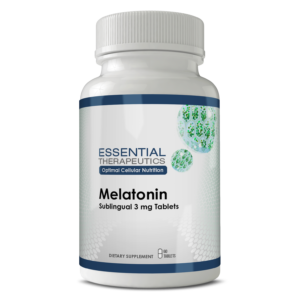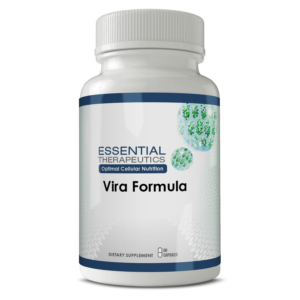(updated Jan. 2021)
Over The Counter Supplements For Prevention And Treatment
N-Acetyl-Cysteine (NAC)
Elderberry and Quercetin
Quercetin
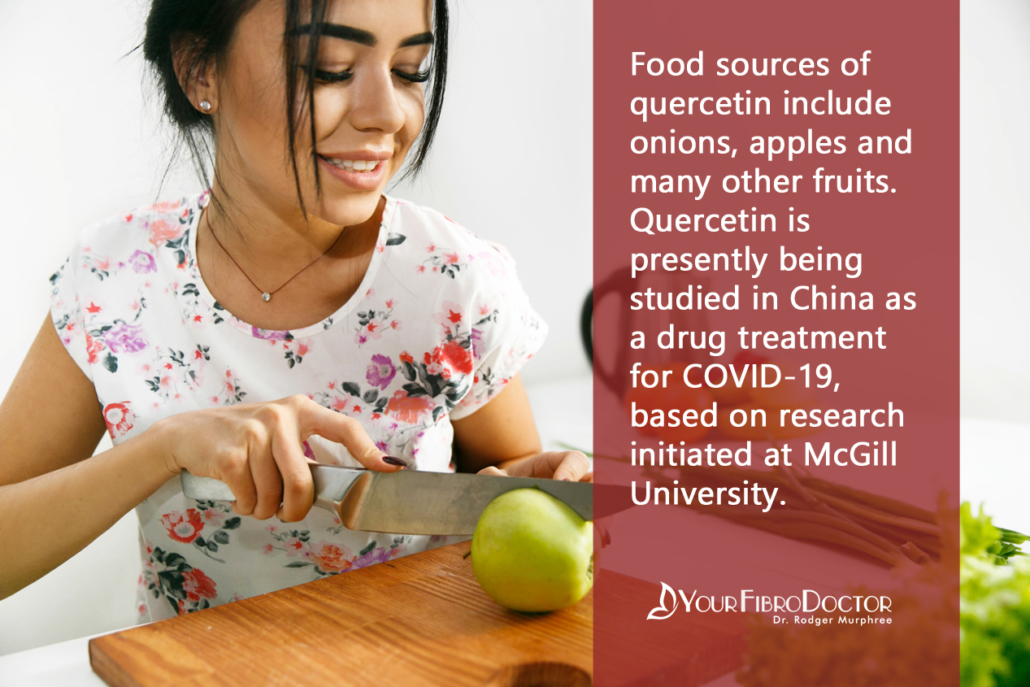
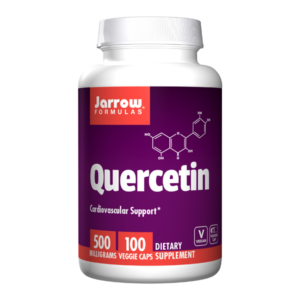
Melatonin best known for its role in circadian rhythms and is used as an over the counter popular sleep aid. Research has shown that melatonin has far more widespread applications, including boosting our immune systems.
Melatonin has been found to inhibit the action of an inflammatory chemical known as NLRP3 – one of the primary chemicals involved in the exaggerated immune response seen in critical Coronavirus cases.
Melatonin’s ability to suppress the activation of NLRP3 has been found to:
- Reduce severe inflammatory responses
- Lower production of pro-inflammatory cytokines (chemicals)
- Lower infiltration of immune cells into lungs, helping to prevent swelling
- Reduce lung tissue injury
Vitamin C and the Coronavirus
Vitamin C – Vitamin C is perhaps the number nutrient your body needs to prevent and counter the COVID-19 virus!
The Chinese government is using intravenous and high oral vitamin C to prevent and treat acute COVID-19 virus. 50 tons of vitamin C was delivered to Wuhan providence. You can read about this here https://tinyurl.com/tnxun4h
FOR IMMEDIATE RELEASE
Orthomolecular Medicine News Service, Mar 3, 2020
Shanghai Government Officially Recommends Vitamin C for COVID-19
by Andrew W. Saul (OMNS Mar 3, 2020) The government of Shanghai, China has announced its official recommendation that COVID-19 should be treated with high amounts of intravenous vitamin C. (1) Dosage recommendations vary with severity of illness, from 50 to 200 milligrams per kilogram body weight per day to as much as 200 mg/kg/day.
“Intravenous vitamin C is a safe, effective, and broad-spectrum antiviral.”
Richard Z. Cheng, MD, PhD, a Chinese-American specialist physician, has been working closely with medical and governmental authorities throughout China. He has been instrumental in facilitating at least three Chinese clinical IV vitamin C studies now underway. Dr. Cheng is presently in Shanghai continuing his efforts to encourage still more Chinese hospitals to implement vitamin C therapy incorporating high oral doses as well as C by IV.
Dr. Cheng and Dr. Yanagisawa both recommend oral vitamin C for prevention of COVID-19 infection. An official statement from Xi’an Jiaotong University Second Hospital (2) reads:
“On the afternoon of February 20, 2020, another 4 patients with severe new coronaviral pneumonia recovered from the C10 West Ward of Tongji Hospital. In the past 8 patients have been discharged from hospital. . . high-dose vitamin C achieved good results in clinical applications. We believe that for patients with severe neonatal pneumonia and critically ill patients, vitamin C treatment should be initiated as soon as possible after admission. . .early application of large doses of vitamin C can have a strong antioxidant effect, reduce inflammatory responses, and improve endothelial function. . . Numerous studies have shown that the dose of vitamin C has a lot to do with the effect of treatment. . . high-dose vitamin C can not only improve antiviral levels, but more importantly, can prevent and treat acute lung injury (ALI) and acute respiratory distress (ARDS).”
-
-
- Based on a large meta-analysis, regular intake of vitamin C has not been shown to prevent colds but it can shorten the duration of colds (by 8 % in adults and 14 % in children) with slightly less severe symptoms. Athletes who take vitamin C regularly are half as likely to catch a cold as athletes who don’t.
- A 1999 study done on 463 students showed that mega- dosing vitamin C may be helpful in treating you right after the appearance of the symptoms with hourly doses of 1000 mg of Vitamin C for the first 6 hours and then 3 times daily thereafter. Overall, it was reported that cold symptoms in the test group decreased 85 % compared with the control group after the administration of megadose Vitamin C.
- In stressed mice, mega dosing vitamin C helped to prevent from influenza and (H1N1)-induced pneumonia.
- A recent 2020 meta-analysis published on the Journal of Intensive Care showed that 1–6 g of intravenous vitamin C per day shortened the ventilation time on patients needing intensive care on average by 25 %.
-
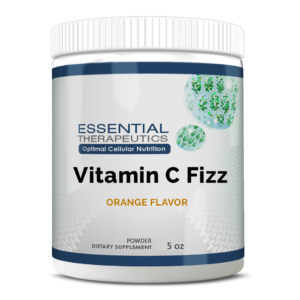 Vitamin C is the most abundant water-soluble vitamin antioxidant in plasma and tissue, and one of the most important vitamins. Unfortunately, unlike 4,000 other species of mammals who can manufacture vitamin C, humans cannot. And we can only store about a 30-day supply. Therefore, it’s absolutely necessary to get vitamin C from our diet on a daily basis. During times of stress your body requires extra vitamin C. Low levels of vitamin C can result in impaired immunity leading to an increased risk of infection. And to make matters worse, infections require us to need more vitamin C.
Vitamin C is the most abundant water-soluble vitamin antioxidant in plasma and tissue, and one of the most important vitamins. Unfortunately, unlike 4,000 other species of mammals who can manufacture vitamin C, humans cannot. And we can only store about a 30-day supply. Therefore, it’s absolutely necessary to get vitamin C from our diet on a daily basis. During times of stress your body requires extra vitamin C. Low levels of vitamin C can result in impaired immunity leading to an increased risk of infection. And to make matters worse, infections require us to need more vitamin C.
This can become a vicious cycle.
Ascorbic acid is required for the maturation of and stimulation of important immune boosting white blood cells including, T lymphocytes, blood cells that help protect the body from infection.
Vitamin C helps protect the lungs from inflammation and oxidative damage.
Foods High In Vitamin C
You may be wondering: which foods are high in vitamin C? Many fruits and plants contain high doses of vitamin C, especially citrus fruits.
Among the richest sources are:
Kiwifruit: 70 mg in a medium-sized fruit
- Grapefruit: 48 mg in a medium-sized fruit
- Oranges: 70 mg in one medium fruit
- Bell peppers: 60 mg in a ½ cup of green pepper, and 95 mg in ½ cup of red pepper (also a good source of beta-carotene)
- Broccoli: 39 mg in ½ cup
- Brussels sprouts: 37 mg in ½ cup
- Apples: 11 mg in one fruit
- Bananas: 10 mg in one medium banana
I recommend you begin now and take an extra 3-4 grams of vitamin C each day. At the first sign of infection increase your dose adding additional vitamin C 2-3 grams every few hors until you have a loose bowel movement. Then reduce your dose to bowel tolerance.
I recommend you begin now and take an extra 3-4 grams of vitamin c each day. At the first sign of infection increase your dose adding additional vitamin C 2-3 grams every few hours until you have a loose bowel movement. Then reduce your dose to bowel tolerance.
-
Probiotics – Probiotics are essential for a strong immune system.
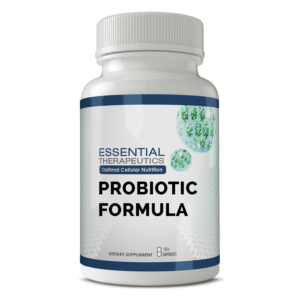
This may be due to the role of microbes in our natural defense mechanisms. Humans have a built-in security system called SIgA (secretory immunoglobulin A), which is present in mucosal membranes that line, for example, the nose and upper respiratory tract as well as the gut. SIgA helps prevent cold and u viruses from entering the system. Based on experimental studies, probiotics may provide antiviral effects with two mechanisms: directly in probiotic-virus interaction or via stimulation of the immune system.
Older adults especially benefit from a long-term use of an oral blend of probiotics including Lactobacillus plantarum, Lactobacillus rhamnosus and Bifidobacterium lactis, which enhance secretory immunity and increase IgA antibodies and help reduce the risk of respiratory infections.
I recommend you begin taking a probiotic on a daily basis. Start now to help prevent a viral infection.
-
VITAMIN D – Vitamin D is central to the body’s immune system.
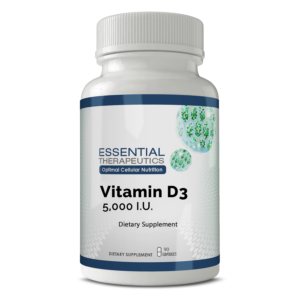 Low levels of vitamin D are associated with increased risk and prevalence for infections in multiple studies.28 In one study among 19 000 subjects, people with lower vitamin D levels were more likely to suffer from upper respiratory tract infections.29 A 2012 study found that giving young children 1 200 IU of vitamin D a day reduced the risk of influenza.
Low levels of vitamin D are associated with increased risk and prevalence for infections in multiple studies.28 In one study among 19 000 subjects, people with lower vitamin D levels were more likely to suffer from upper respiratory tract infections.29 A 2012 study found that giving young children 1 200 IU of vitamin D a day reduced the risk of influenza.
Several systematic reviews of daily vitamin D supplementation have shown it to be protective against respiratory tract infections (RTIs). If you’re already taking vitamin D3 THERE IS NO NEED TO INCREASE YOUR DOSE. If you’re not taking vitamin D3 start now and take 5,000iu a day.
-
ZINC – Use at this first sign of infection! Keep on hand to make sure it is available!
Zinc acetate and zinc gluconate lozenges have been shown to inhibit cold viruses from latching onto the cells and shorten the duration of the u. Lozenges are beneficial only in the early stages of infection. The optimal dose according to studies is 75–90 mg per day divided into multiple doses given 2–3 hours apart. Best results are gained when started within 24 hours of symptoms.52 Do not exceed 100 mg of zinc per day for up to two weeks. Avoid nasal sprays, as they might cause a lingering loss of smell Perception.
Regular use of zinc may reduce the incidences of flu, especially in children. According to studies in children, regular use of zinc can prevent the flu.
Essential Therapeutics Vira Formula
Echinacea (Purple coneflower) Echinacea is one of the most popular herbal medicines in the United States and Europe. In 1994, German physicians prescribed Echinacea more than 2.5 million times. There are over 200 journal articles written about Echinacea. This herb is from the sunflower family and can be seen in many perennial gardens across the United States. Echinacea is thought to stimulate the immune system by increasing the production of and activity of white blood cells, especially natural killer cells (NK cells).
Today, people use echinacea to shorten the duration of the common cold and flu, and reduce symptoms, such as sore throat (pharyngitis), cough, and fever. Doctors and herbalists also recommend echinacea to help boost the immune system and help the body fight infections.
A review of 14 clinical trials found that echinacea reduced the odds of developing a cold by 58% and the duration of a cold by 1 to 4 days.
Numerous clinical trials have been carried out on echinacea preparations: it appears that the extracts shorten the duration and severity of colds and other upper respiratory infections (URIs) when given as soon as symptoms become evident.
Essential Therapeutics Vira Formula is a potent combination of Echinacea, Astragulas, Goldenseal, and Olive leaf extract-recommend my patients use Essential Therapeutics Vira Formula as a preventative for cold, flu, sinus, or upper respiratory infections: take one twice a day and double dose for 10 days at first sign of infection. Astragalus membranaceus.
Chinese herbal is used to treat a wide variety of viral infections. Clinical studies in China have shown it be effective when used on an ongoing basis against the common cold.
Goldenseal (Hydrastis Canadensis)
Goldenseal is a perennial herb native to eastern North America. This herb has shown to be a potent immune stimulator. It increases the blood flow to the spleen and increases the number and activity of macrophages. Macrophages are released in response to foreign substances that invade the body. These white blood cells roam around the body destroying unwanted bacteria, viruses, yeast, and tumor cells.
P.S. I recommend you start taking vitamin C, vitamin D3, the Vira Formula, and a good probiotic to boost your immune system and help prevent viral infections. At the first sign of infection begin taking zinc as recommended above.
I suggest you stock up on extra supplies mentioned above, especially disinfectants and anti viral supplements.

